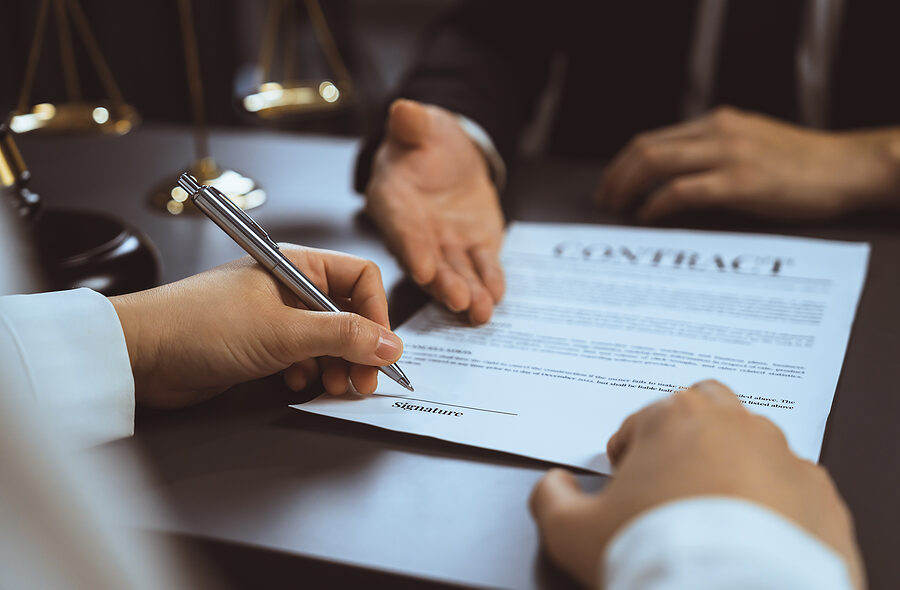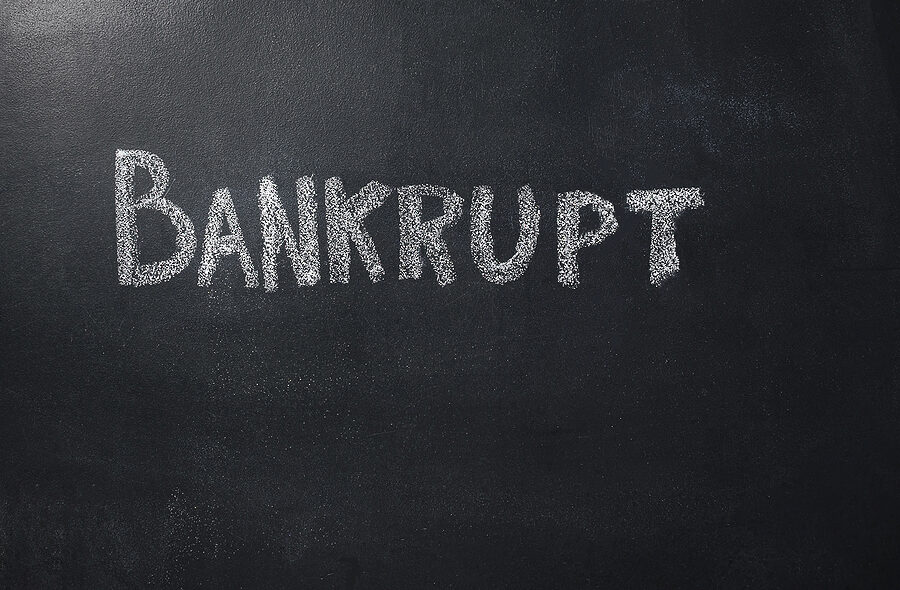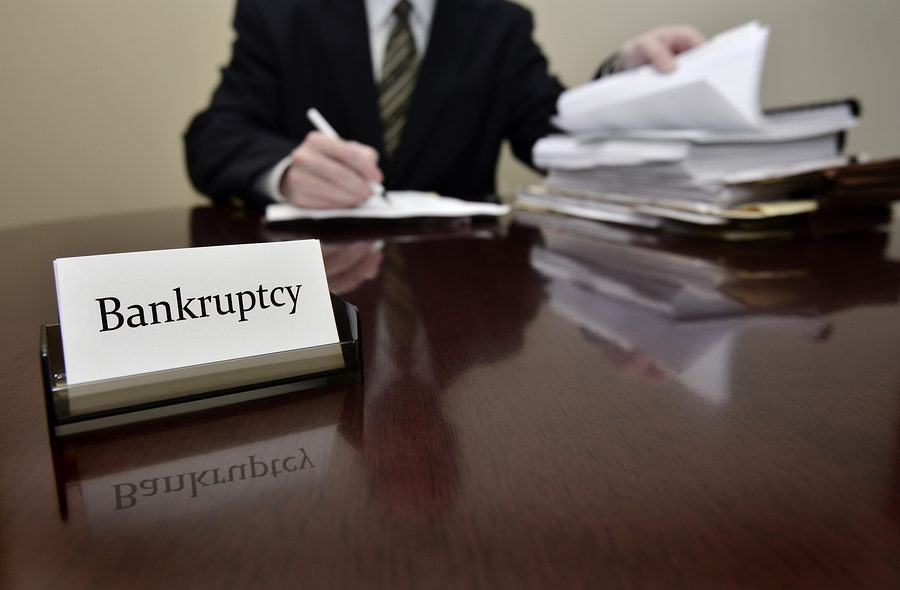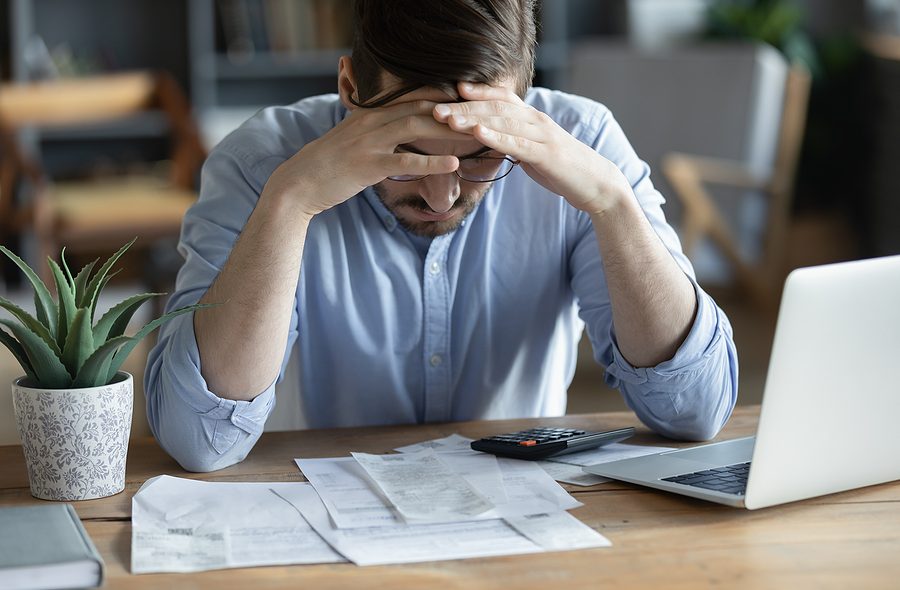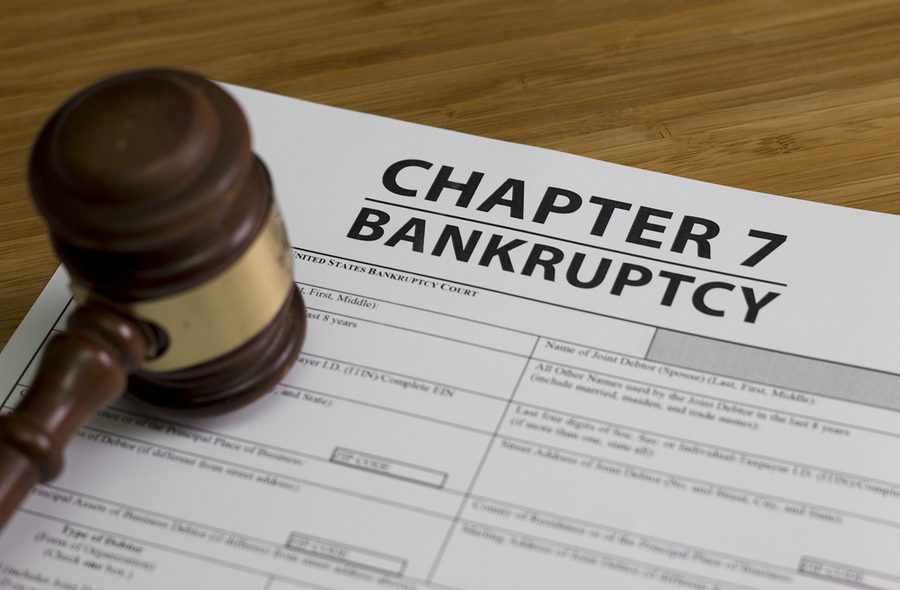Bankruptcy can be a stressful and complicated process, but it doesn’t have to be something you do on your own. While consumers can pursue a bankruptcy case on their own, or file bankruptcy pro se, without the assistance of an attorney, it is not always wise to do so. In fact, the benefits of hiring an attorney far outweigh the negatives in the long run.
According to the American Bankruptcy Institute, less than 50 percent of filers who pursued a Chapter 7 bankruptcy case without the assistance of an attorney had their debts discharged. Alternatively, 94 percent of filers represented by an attorney had their debts discharged.

